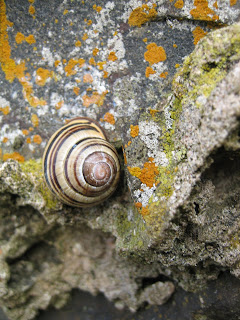Two attitudes towards extinction

With this in mind, compare and contrast these two quotes:
"But biodiversity losses of small inedible species often provoke the response, "Who cares? Do you really care less for humans than for some lousy useless little fish or weed, like the snail darter or Furbish lousewort?" This response misses the point that the entire natural world is made up of wild species providing us for free with services that can be very expensive, and in many cases impossible, for us to supply ourselves. Elimination of lots of lousy little species regularly causes big harmful consequences for humans, just as does randomly knocking out many of the lousy little rivets holding together an airplane."
- Jared Diamond, Collapse: How societies choose to fail or succeed, 488-89.
"The sadness which overcomes us when we hear about the extinction of hundreds of kinds of butterflies on a faraway continent has nothing to do with a loss of something useful. It doesn't even have anything to do with a reduction of aesthetic pleasure, since, more than likely, we would never have had a chance to see this type of butterfly. Nevertheless, we are poorer through its disappearance, since our own being is fulfilled in reference to every reality which we ourselves are not. Delectatio in felicitate alterius [delight in the happiness of others] - this formula of Leibniz overcomes the opposition between anthropocentrism and love of nature "for its own sake". To love something for its own sake is the specific form of human realisation.
- Robert Spaemann, Happiness and Benevolence, 118.
How do they each make you feel? Which strikes closer to home for you? Why?In both cases, the author makes use of a narrative of loss, but where Diamond fears for our survival, Spaemann speaks of us losing part of our identity. Spaemann is convinced that survival (whether individual, societal or as a species) is not a particularly important goal. For him, there are more important things; I might save my life and yet lose my self.






